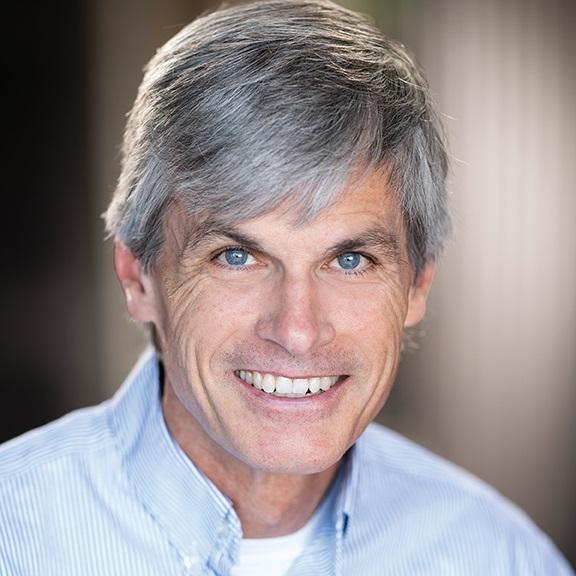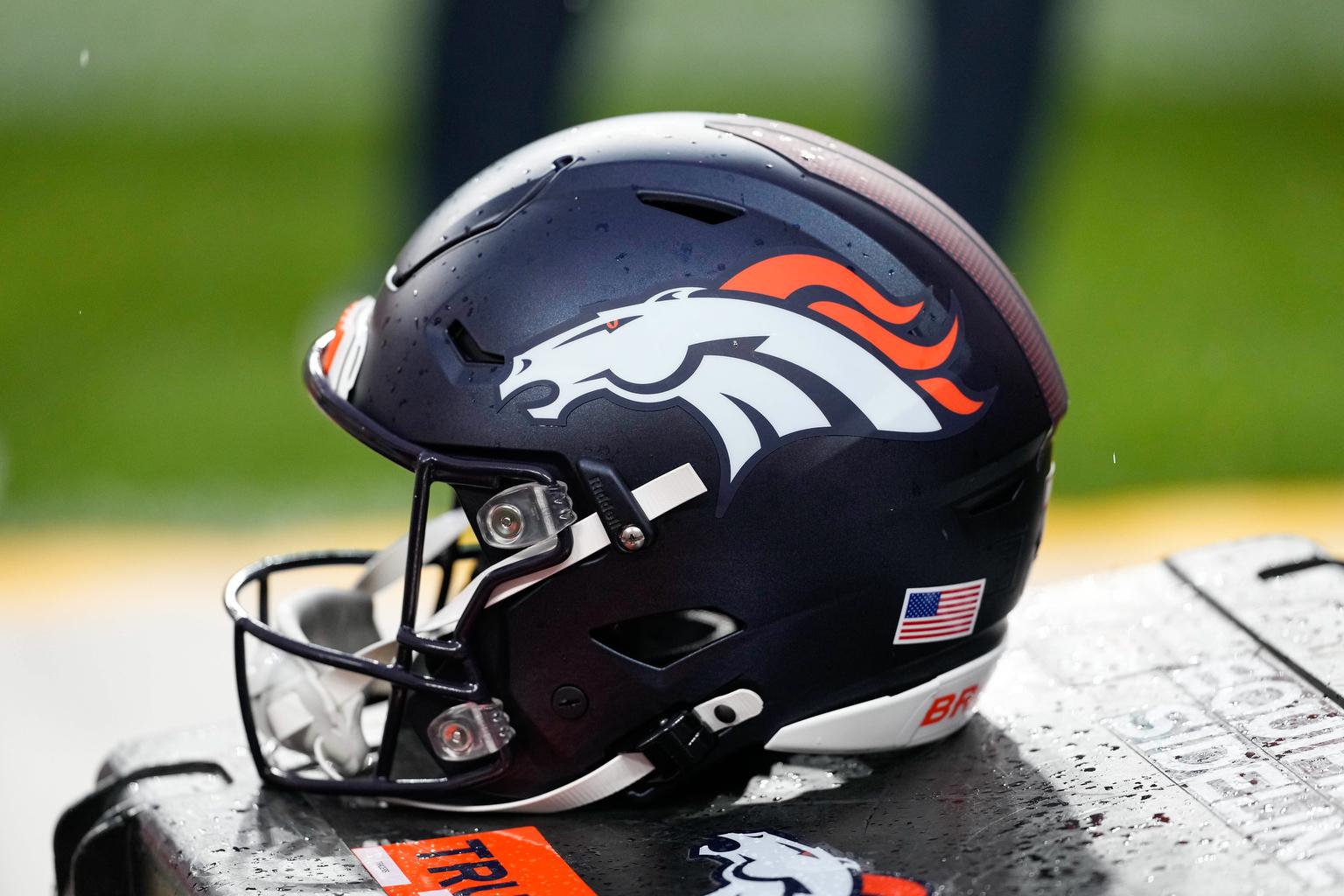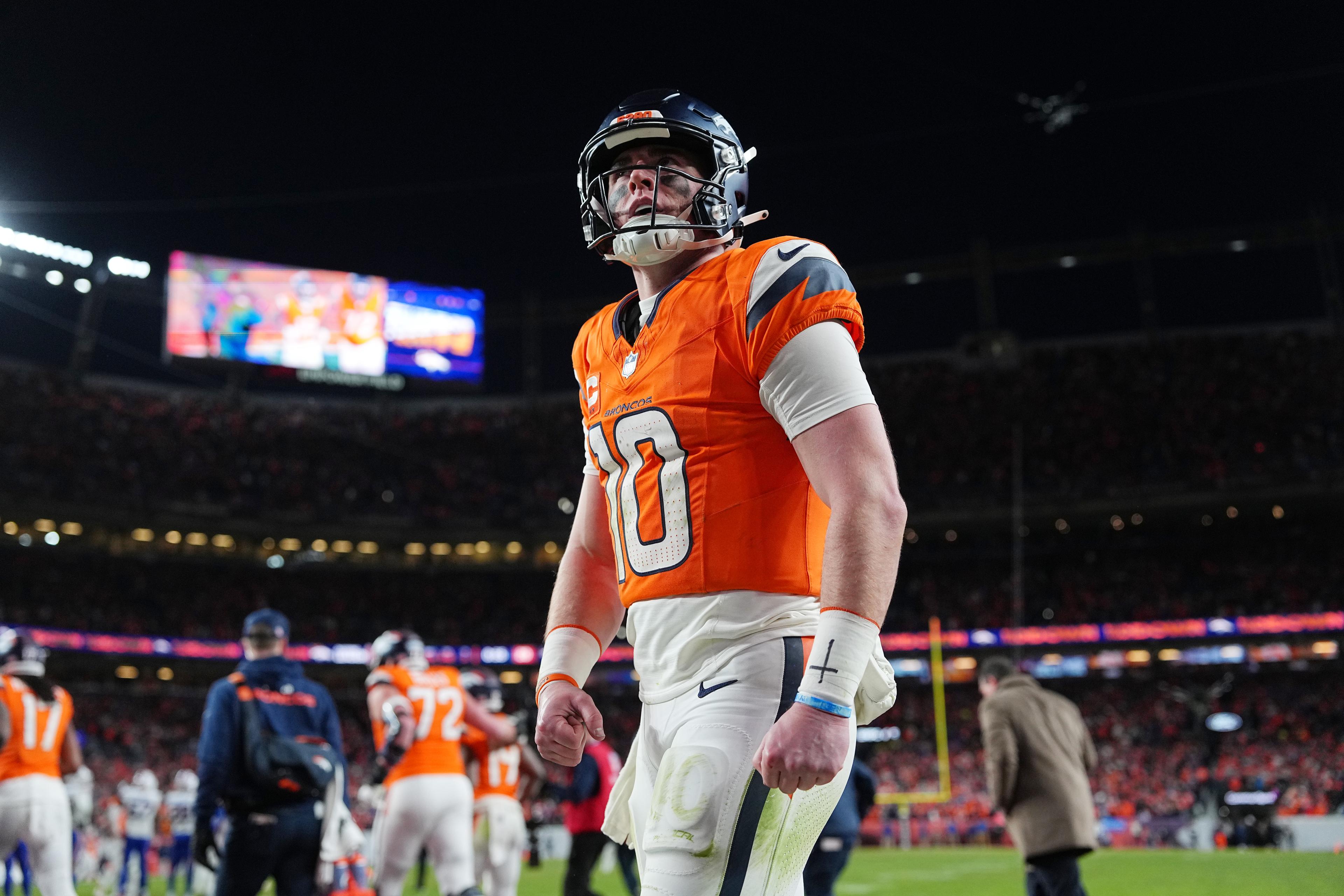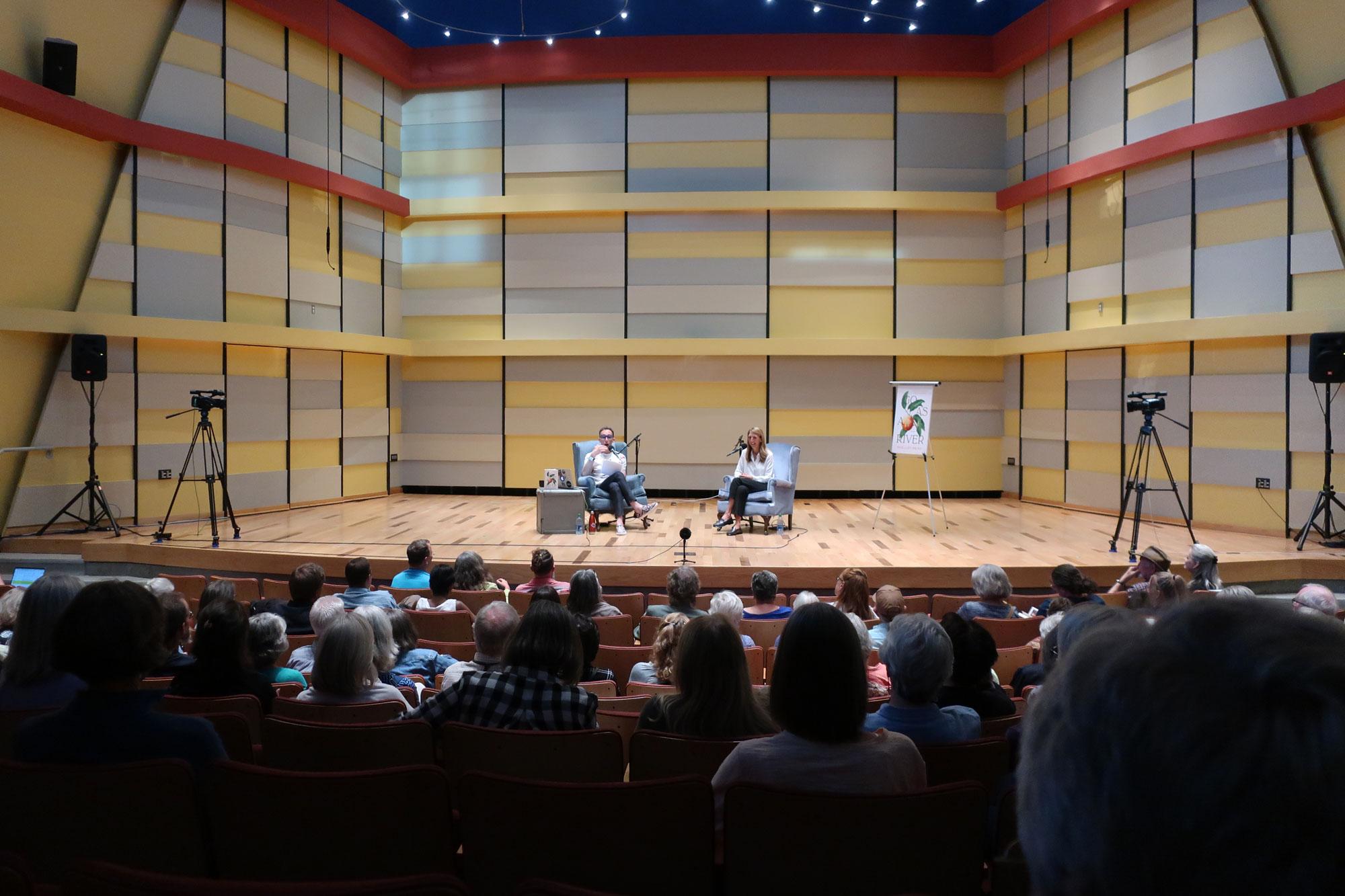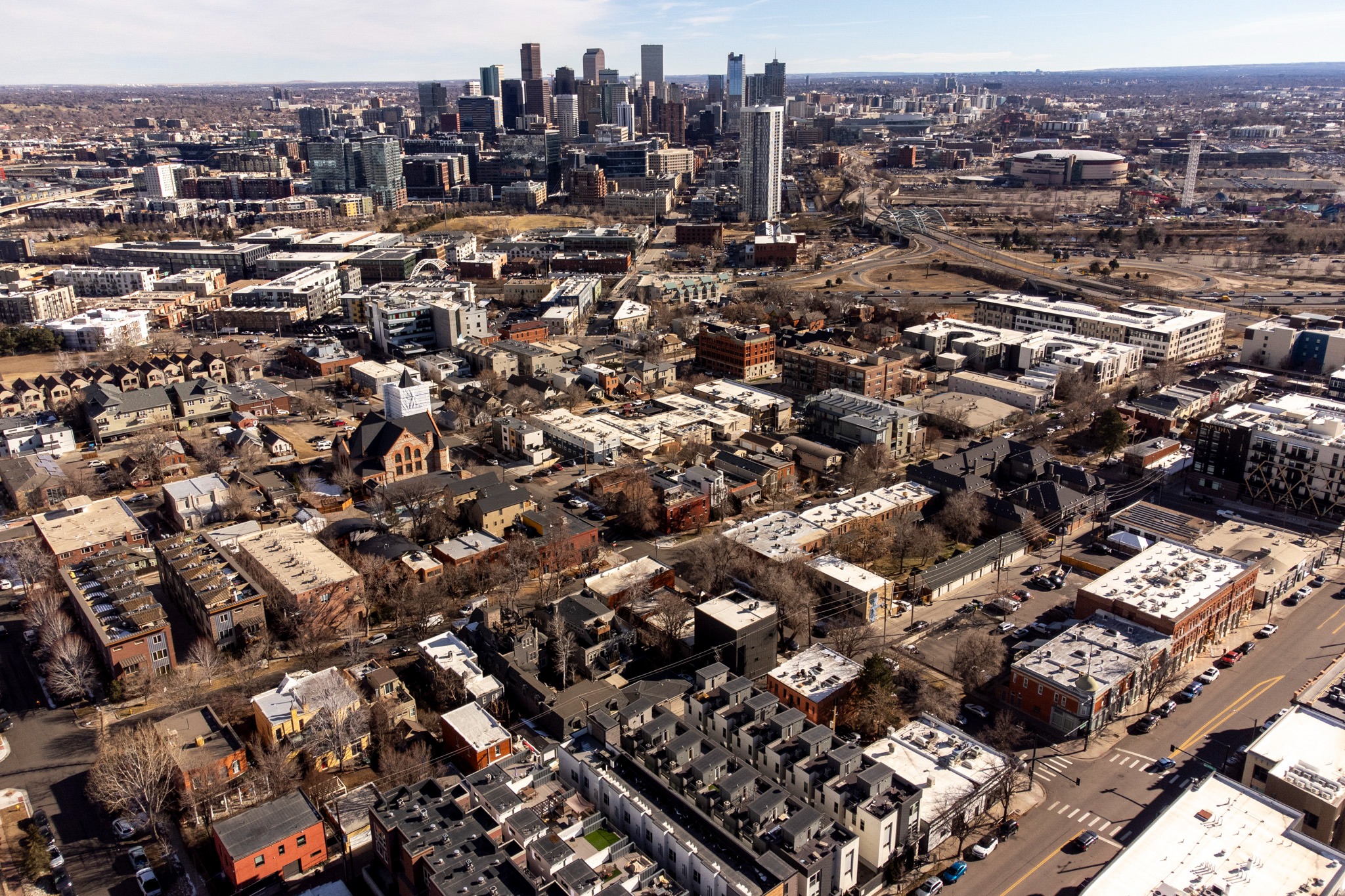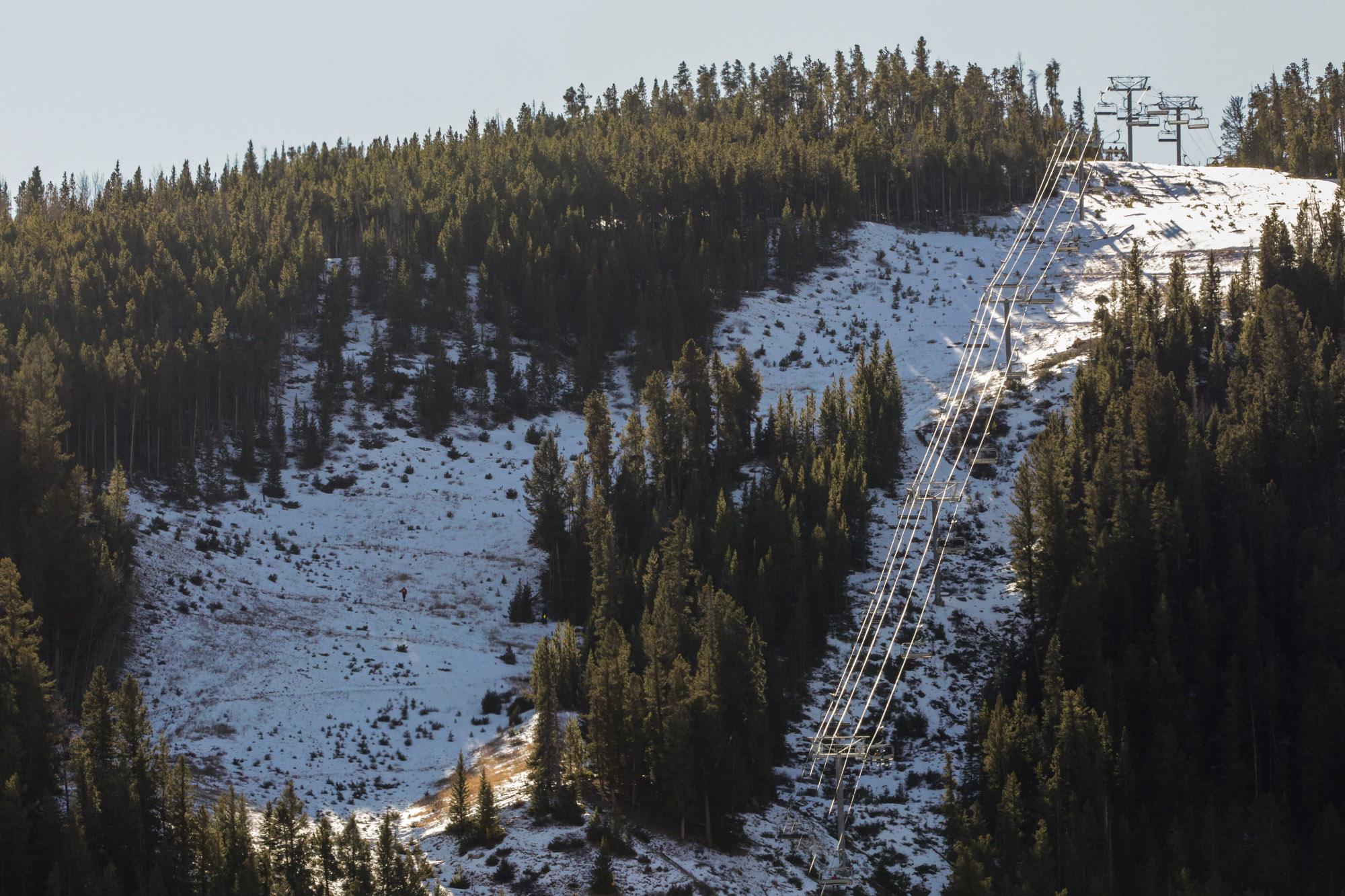
A federal appeals court has thrown out part of the conviction of an online influencer who rode a snowmobile across closed ground at Keystone Resort in 2020.
David Lesh, an entrepreneur with a clothing line called Virtika, was convicted in federal court of performing jumps on a snowmobile in Keystone Resort, which sits on U.S. Forest Service land. Lesh was convicted at a bench trial in 2021 of both riding the snowmobile unlawfully in a closed area and conducting an “unauthorized work activity” on forest service land by posting images of himself from Keystone on his social media accounts. Lesh, who has a history of posting attention-grabbing stunts on his social media feeds, was fined $10,000 and ordered to perform community service.
On Tuesday, the 10th Circuit Court of Appeals, based in Denver, let Lesh’s conviction stand for using the snowmobile in the resort. But a three-judge panel of the court reversed his conviction for conducting an unauthorized work activity on forest service land.
In an opinion written by Judge Timothy Tymkovich, the court found the federal statute prohibiting work activity to be unconstitutionally vague in a world of social media that blends marketing and leisure with little distinction.
“The government determined Mr. Lesh engaged in “work activity” on NFS lands when he took a photo of himself snowmobiling for his social media account. Mr. Lesh is a self-proclaimed ‘social media influencer,’ meaning he invests time into taking photos for social media,” the court wrote. “He also owns the brand Virtika and uses social media to advertise his products. But the snowmobiling post did not refer to or tag Virtika, no Virtika products were visible, and the photos were posted to his personal Instagram—as opposed to Virtika’s Instagram account.”
Senior Judge Bobby Baldock and Judge Veronica Rossman joined Tymkovich in hearing the case and in the opinion.
Attorneys for Lesh from the New Civil Liberties Alliance said in an emailed statement that they were pleased by the decision.
“Like many people in modern society, Mr. Lesh is an entrepreneur who engages and promotes himself online via social media,” said attorney Kara Rollins in a statement from NCLA. “The government’s theory would have criminalized this, and the social media activity of thousands, ‘whose crime would be a photo op on public lands.’ The decision holds that creating personal content for personal social media pages is not a crime, even if one’s online presence is inseparable from his job.”
The court’s decision could have implications for the use of federal lands in social media campaigns, which are only barely distinguishable from selfies and vacation photos posted online millions of times each year by non-marketers.
“Any activity that might not appear to be a work activity could later become one if an individual owns a brand or has a social media presence. The regulation therefore does not provide people of ordinary intelligence a reasonable opportunity to understand what kind of conduct is prohibited,” the court wrote. “A snapshot of a model who works for Patagonia, or an employee of REI, or a celebrity on a ski day, are all potential victims of the government’s interpretation…
“Similarly, taking photos for social media has become a widespread contemporary phenomenon. And it could not be the regulation’s purpose to criminalize all such behavior as a work activity simply because an individual’s identity is tied to his or her work.”
At the same time, the court tried to draw a line establishing that some clearly commercial work on federal lands would still be in violation of the statute.
“It is one thing to require a movie producer or a photographer for Vogue to seek a permit for using public lands to conduct their business. But it is another thing to say that same individual is liable under the regulation when he or she visits NFS lands for a ski trip and makes a personal video for Instagram,” reads the opinion. “Under the government’s theory, and confirmed at oral argument, any person who takes a photo at Keystone Resort and later posts it on a social media account could be arrested if the posting bore some proximal relationship to a commercial undertaking. Given the breadth of this argument, it invites arbitrary and subjective enforcement of the regulation.”
